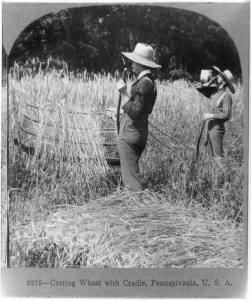
David Hickok was the older brother of my ancestor Asa Hickok, who settled in Lumberland. David and Asa each had a daughter named Hannah Hickok.
David Hickok was involved in at least one skirmish in the French-Indian War. He spoke fluent French, which he learned at Yale College. David was not able to complete a college degree because of health issues, which continued to plague him.
David was a mathematician, astronomer, teacher, farmer, inventor, and watchmaker. For a few years David taught “scholars” in the Bullet Hill School District of Southbury. (It is not known for sure if a school was there at the time.)
In his 1769–1783 journals, David detailed daily life in the South Britain section of Southbury, Connecticut. David built fences, planted, harvested or threshed grains, paid his rates (taxes), traded for rumb at Ensign Hinman’s, took grain to the Levenworth Mill, took apples to the mill to be made into cider, “measured a bushel of corn” for his pigs, helped rebuild bridges, wound many wruns of linen thread (which he had processed) or wool (from their sheep), and helped his wife with her weaving.
Some terms from David’s journals and other sources
(included in Abby, Laurilla, and Mary Ann)
• Cradle: A scythe set in a frame of wood with a row of long curved teeth projecting above and parallel to the scythe. A cradle laid the grain in bunches as it was cut.
• Hogshead: In America, a cask containing from 110 to 120 gallons; as a hogshead of spirit or molasses. “Hogshead” was possibly a corruption of the Germanic word for “oxhead.” It may be “the name arose from the branding of such a measure with the head of an ox.”—Webster’s 1828 Dictionary; Encyclopedia Britannica, 1911.
• Quill: spool or bobbin.
• Sheaves: bundles of grain stalks of wheat, rye, oats or barley stacked lengthwise and tied together.
• Shock: sixteen sheaves of wheat, rye, or other grains.
• Wrun/run: A run of spun wool is 1600 yards.
Locations of David’s Journals
(Some entries may have been transcribed by his daughter.)
• Connecticut State Library: Diary of David Hickok, 1771–1783 covers 1771 and a few entries for 1775, 1776, 1778 and 1783.
• Historical Society of Glastonbury: David Hickok’s Diary, 1769–1770.


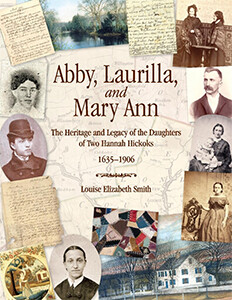
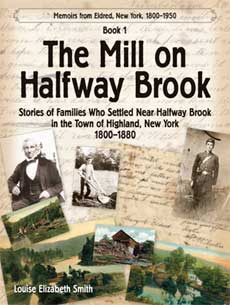
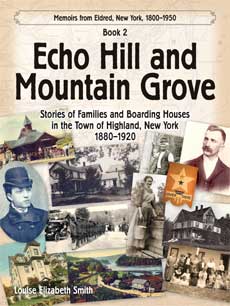
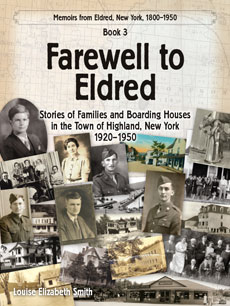
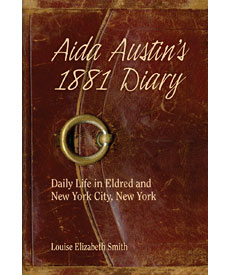
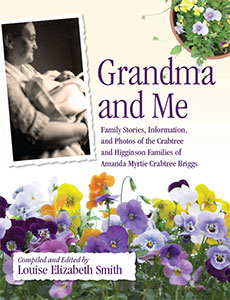
Louise, Was ‘Levenworth’ an alternate spelling of ‘Leavenworth’?—Matt
Thank you for asking, Matt.
Spellings were still not settled in 1771. I am pretty sure the mill belonged to an ancestor of Sherman Buckley Leavenworth who moved to Lumberland before 1835.
As a result of your question, I am working on a post about John Leavenworth, the owner of the mill, and his food contribution to the French troops that marched through Southbury, in the Revolutionary War.—Louise